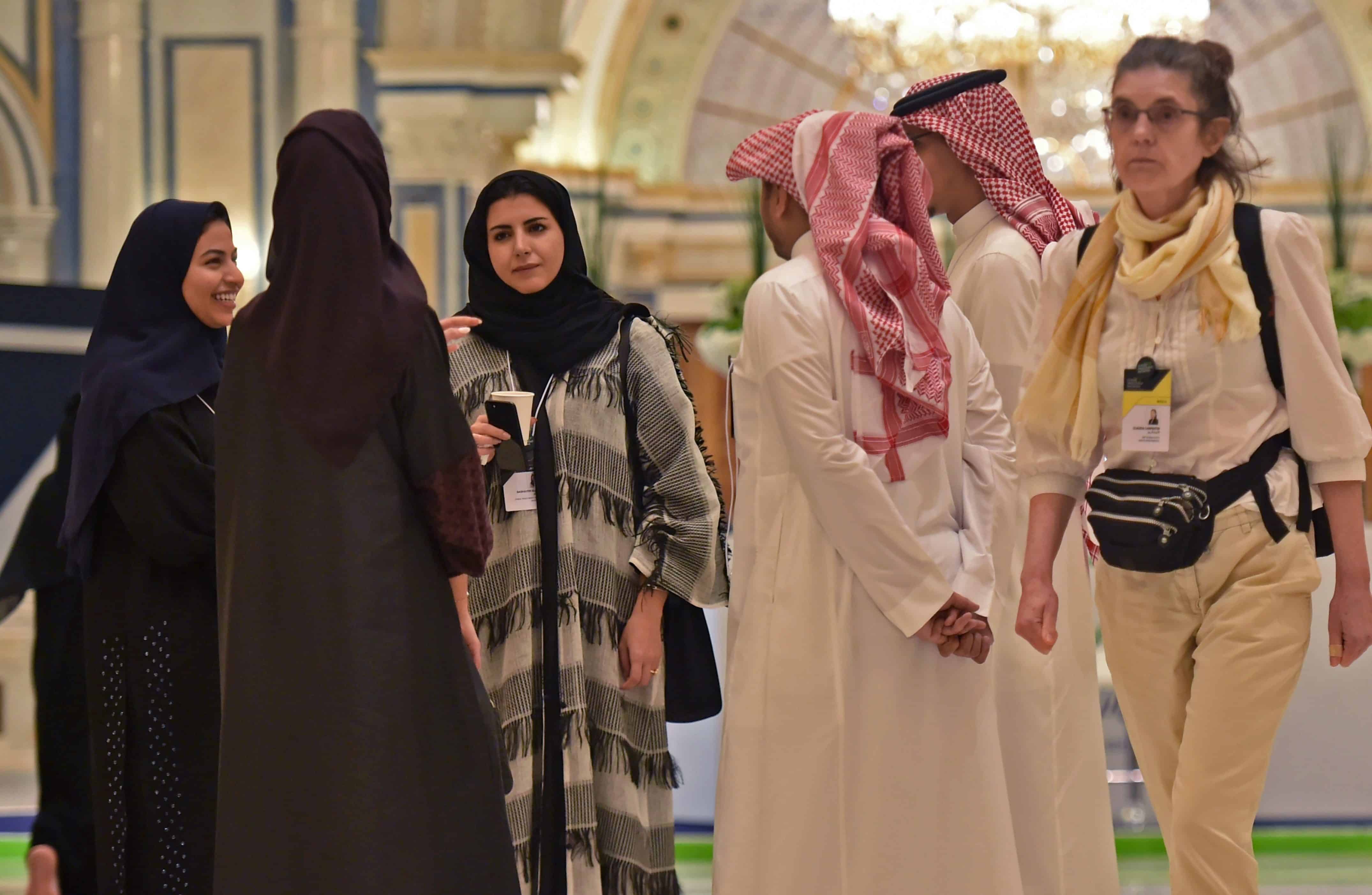Riyadh, KSA — Entrepreneurship in Saudi Arabia has witnessed several changes in recent years, including an increase in startups with Saudi women having a significant share in their ownership.
Saudi women have achieved exceptional success through entrepreneurship, particularly with the change in the business environment, beginning with small projects and progressing to creating startups and setting up factories.
Perhaps the goals of Vision 2030 are not limited to increasing entrepreneurship and project opportunities but also increasing women’s participation in various economic fields.
This can be seen in the supportive orientation for Saudi women in developing the economy and Saudi society.
Huge numbers
According to the most recent official Saudi data, a report by the General Authority for Small and Medium Enterprises (Monsha’at) found that women-owned businesses account for 45 percent of all new companies in the Kingdom.
The report revealed that this percentage was monitored through the end of the first half of this year and it is more than double the percentage attained by Saudi women in 2017.
It also showed that the increase in investment financing obtained by Saudi startups rose by 244 percent year on year to $580 million in the first half of 2022, confirming the significant official support that Saudi women received, especially given that nearly half of this money went to their projects.
Official actions
Women’s achievement in the first half of this year can be attributed to the government’s support.
According to the World Bank 2022 “Women, Business, and the Law Report,” reforms have been enacted to encourage and protect women in the labor market, including the right to select their place of residence.
The report mentioned that gender discrimination in employment, dismissal of pregnant women and discrimination in credit access were all prohibited.
It said that royal decrees “implemented equality between men and women in the retirement age and obligated employers to grant women maternity leave with full pay.”
The percentage of women’s employment has increased in sectors that have historically been controlled by men.
In 2020, for example, 7,782 women entered the construction sector, despite the fact that their employment in this sector was previously barred.
The General Authority for Statistics stated that Saudi women presently account for 33.6 percent of the Saudi labor force as of March 2022. This figure has risen from 17.4 percent just five years ago.
The proportion of women in senior and middle management climbed from 28.6 percent in 2017 to 39 percent in the first quarter of 2022.
According to labor market data, 27.7 percent of Saudi women worked in education and 17.7 percent worked in retail and wholesale as of March 2022.
The female unemployment rate decreased from 22.5 percent in the fourth quarter of 2021 to 20.2 percent in the first quarter of 2022.
Empowerment of Women
Saudi women have achieved exceptional success through entrepreneurship, particularly with the accelerated change in the business environment, beginning with small enterprises and progressing to the establishment of factories.
During fiscal 2021, the Saudi Council of Economic and Development Affairs pushed several executive programs to achieve the vision’s strategic goals.
They included the launch of the National Transformation Program, which comprises 36 strategic goals that support women’s economic empowerment and increase their labor-force participation.
The Saudi government has enhanced facilities, funded and promoted the micro-enterprise sector which has contributed to boosting female entrepreneurship, particularly with concepts and ideas that bring practical solutions to existing societal challenges.
For example, the Saudi Authority for Industrial Cities and Technology Zones, or “Modon,” announced that the number of Saudi women working in the industrial cities it oversees will climb to 17,000 by the end of 2030, up from 7,860 presently.
The authority emphasized that they are trying to improve women’s roles in industrial growth and to boost female investment in the sector from one percent to 20 percent by 2030.

